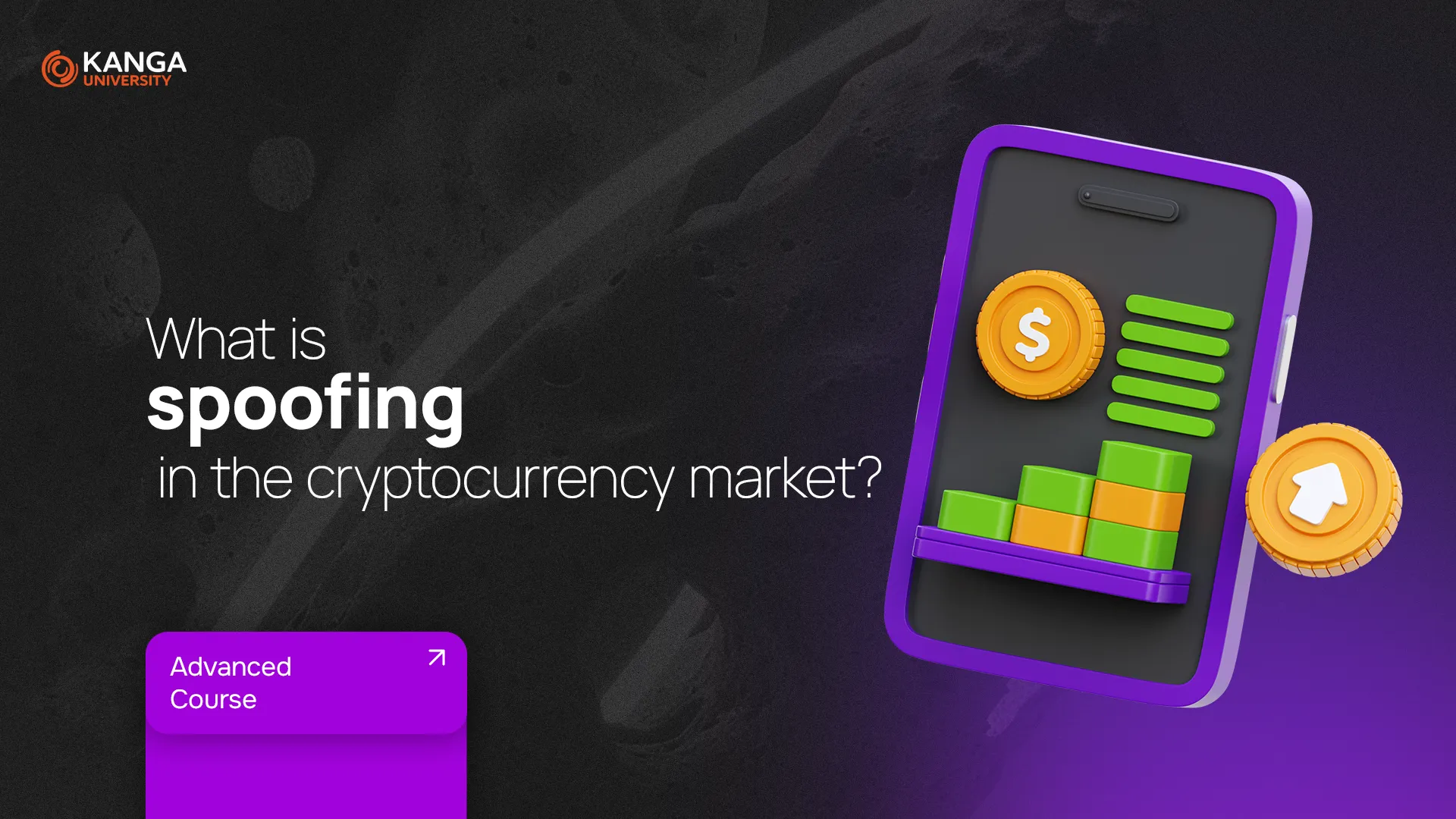
Not at all. Spoofing has been seen for years on stock, commodity, and forex markets. What makes it more dangerous in crypto is that regulation is still catching up, and many crypto exchanges operate in lightly supervised environments.
Also, spoofing on one market (like the U.S. dollar) can indirectly influence crypto prices — especially Bitcoin.
When is spoofing most effective?
Spoofing works best when:
-
Markets are highly volatile.
-
Fear (FUD) or hype (FOMO) dominates investor behavior.
-
Prices approach key support or resistance levels.
-
Retail traders are more active than institutions.
In a strong, steady bull market, spoofing becomes less effective because the general trend outweighs short-term tricks.
Why is spoofing so dangerous?
Because it distorts the real picture of supply and demand. Prices move not because anything has fundamentally changed — but because someone wants you to believe it has.
In the meantime, the spoofer takes advantage and profits — while others lose.
Spoofing and the law – who’s watching?
-
In the United States, spoofing is illegal under the Dodd-Frank Act of 2010.
-
It is monitored by the CFTC (Commodity Futures Trading Commission).
-
In the UK, it falls under the authority of the FCA (Financial Conduct Authority).
-
In 2018, the U.S. Department of Justice investigated spoofing on Bitcoin markets.
-
In 2020, the SEC rejected a Bitcoin ETF proposal over concerns about price manipulation.
-
In 2025, major exchanges are implementing advanced detection systems to block spoofing in real time.
Is spoofing easy to detect?
No. It requires deep analysis of trading patterns, order books, and cancellation behavior to tell the difference between a normal canceled order and a coordinated manipulation.
That’s why many traders don’t even realize they’ve been caught in a spoofing scheme.
What can you do as an investor?
-
Use reputable exchanges that actively monitor and prevent market manipulation.
-
Don’t base your trades only on the order book — it can be misleading.
-
Be cautious during periods of high volatility — these are prime times for spoofers.
-
Most importantly, stay rational — if something looks too good to be true, it probably is.
Summary
Spoofing is a manipulative and illegal trading strategy that uses fake orders to create false market signals. While harder to pull off today on regulated markets, it still appears — especially in less supervised parts of the crypto world.
That’s why:
-
education,
-
caution,
-
and awareness of risk
are your best defense against becoming a victim of this tactic.
Discover staking with KNG token on Kanga Exchange